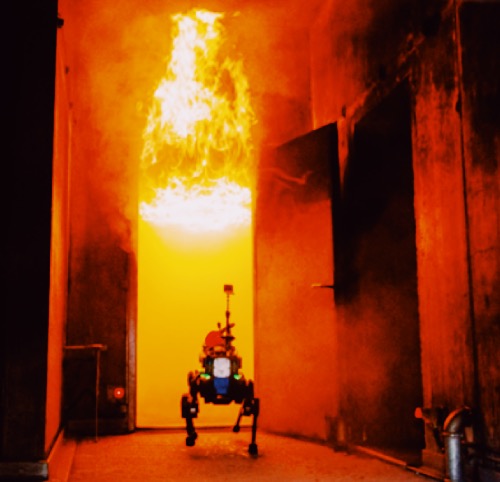Abstract
Socially-aware navigation is an important aspect of Human-Robot interaction that is gaining popularity in the research community. Deep reinforcement learning is a framework which looks promising to solve the problem of socially aware navigation in a way where we can generalize to different crowds without hand-coded rules, by modeling pairwise interaction features between humans-robot and human-human and constructing a crowd state representation vector. We show that our reinforcement learning algorithm performs better than other recently released algorithms in simulation space. For the robot implementation in Turtlebot2, the reinforcement learning algorithms resulted in actions which did not correspond to the current state. Nonetheless, a separate non-reinforcement learning algorithm for socially-aware navigation was successfully implemented in Turtlebot and tested with humans.
